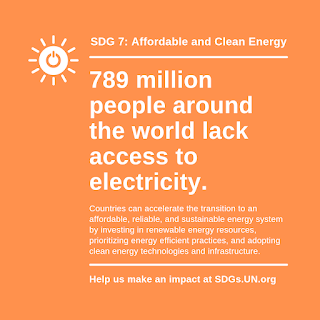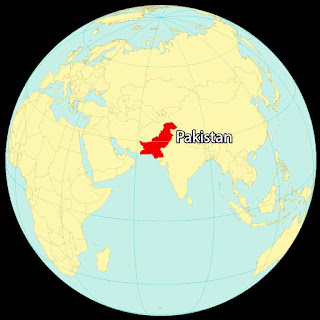Waste to energy power plants in Pakistan
Pakistan generates approximately 49.6 million tons of solid waste per year, which is increasing at a rate of more than 2.4 percent per year. Pakistan, like other developing countries, lacks waste management infrastructure, resulting in serious environmental issues.
The majority of Pakistan's solid waste never makes it to final disposal facilities. Most of the solid waste produced in affluent nations is sent to landfills, incinerators, or other recycling facilities. Before any waste ever reaches disposal facilities in Pakistan, a large portion of it is recovered for recycling, primarily by scavengers.
There is a need for environmentally friendly power plants in Pakistan!
The development of environmentally friendly power plants is urgently needed in light of climate change and would make it possible to combat smog and environmental pollution. In addition to providing employment opportunities and billions of rupees in investment, the project will help the general public solve the issue of trash disposal.
How does a Waste to energy plant works?
Waste-to-energy plants, like other power plants, use household garbage as a fuel source to generate electricity. The waste is burned to heat water, and the steam drives a turbine to generate electricity.
Waste-to-energy generation is increasingly being considered as a potential energy diversification strategy, particularly by Sweden, which has been a leader in waste-to-energy production for the past 20 years. Waste-to-energy plants emit less pollution into the atmosphere than coal plants. It also produces less carbon and methane into the atmosphere than letting garbage decompose in landfills or bodies of water, making it a carbon-negative process.
NEPRA’s Announcement
The National Electric Power Regulatory Authority (NEPRA) has announced a competitive upfront tariff of US$0.10007/kWh for waste-to-energy projects based on a 25-year operational period, with a maximum overall capacity of 250 MW, where the share for each province and the Federal Territory has been kept at 50 MW each. These power plants can only be built within a 24-month window.
Future plans
Karachi
Waste-to-Energy Plant is a bio power project with a capacity of 250MW. It will
take place in Sindh, Pakistan. The project is currently in the announcement
phase. It will be developed in several stages. The project's construction is
expected to begin in 2024, with commercial operations beginning in 2025.
Recently, a delegation from a German company expressed interest in setting up environmentally friendly waste-to-energy facilities in Punjab. The CM of Punjab has responded positively to this offer and ordered the quick development of this project.
Hopefully, there will be many more such initiatives in future to help Pakistan with its environmental issues and trash disposal...
Author: Amna Waseem (student of political science at Kinnaird College, Lahore, Pakistan)
Resources
https://www.trade.gov/country-commercial-guides/pakistan-waste-management
https://www.dawn.com/news/1711996
https://pakobserver.net/german-company-desires-to-install-waste-to-energy-power-plants/



Comments
Post a Comment